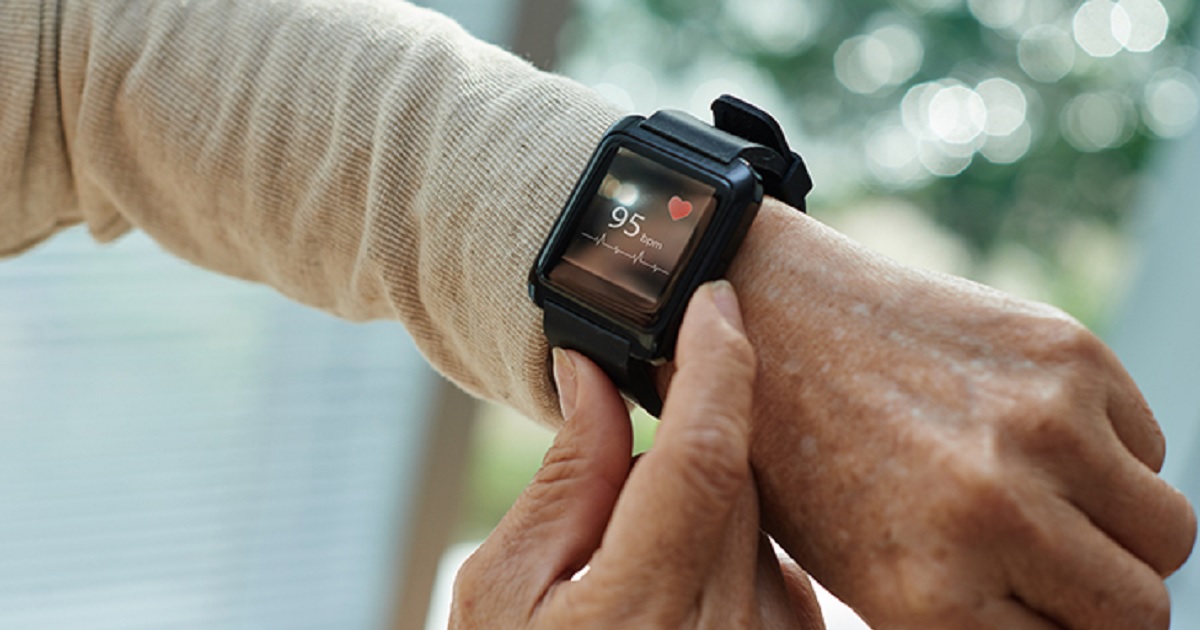Sensors to go are coming of age
Healthcare IT News | April 02, 2020

When healthcare experts in Europe started debating whether or not to reimburse digital health applications two years ago, Josef Hecken, a very senior German health politician, said in an interview that health insurance companies should not be obliged to pay for “fun applications”. Hecken is head of the German healthcare system’s governing board for reimbursement decisions (G-BA). He is among those who really has a say on where the money flows in German healthcare. Quotes like Hecken’s led the German minister of health, the Christian Democrat Jens Spahn, to create a new reimbursement pathway for digital health applications that (partly) bypasses the traditional decision making chains for reimbursement issues. The law that established this new pathway came into effect at the end of 2019. Whether it will work, remains to be seen. All around the world, there is still a sound scepticism towards digital health applications and wearable sensor technology in the realms of “deep healthcare”. Up until now, there is no healthcare system at all that offers straight-forward reimbursement for, say, a digital application that continuously monitors blood pressure or seizures. Most of what is being paid for is driven by marketing considerations of healthcare organisations that want to be seen as being innovative or of health insurance companies that want to attract younger – and less costly – customers.